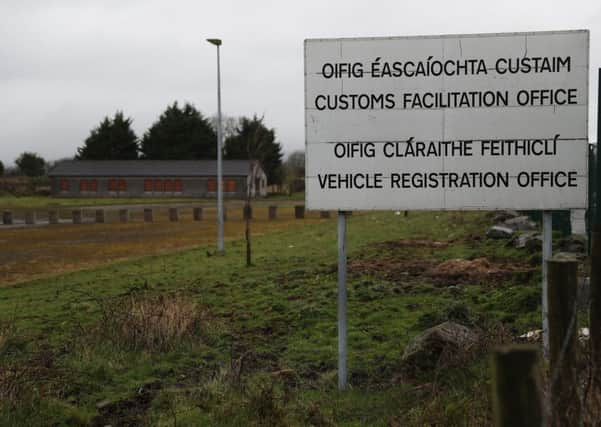Brexit's extremists will be judged harshly by history '“ Brian Wilson


While marking centenaries of landmark First World War events, we should not ignore the great political developments that accompanied them.
In the last months of the war, time was found to put a Reform Act through Parliament, paving the way for a “land fit for heroes”. Its implications were profound and, as always, we find lessons from the past that help to explain the present.
Advertisement
Hide AdAdvertisement
Hide AdOn Saturday, 14 December, 1918, the voters of Britain and Ireland went to the polls in a General Election. It was the first time the countries had voted on a single day, with three times as many eligible to vote as in the previous election of 1910.
All men over 21 and women over 30 had won the right to vote. There was still a distance to go in the battle for equal suffrage but that journey was now inevitable as the ballot box became the eventual guarantor of progressive political change.
The 1918 election rewarded the Conservative and Liberal politicians credited with winning the war who stood on a Coalition ticket. Lloyd George was returned as Prime Minister, both as an admired wartime leader and proven social reformer.
Labour became the biggest party in Wales and found footholds in the working-class areas of Scotland and England. Within a few years, there would be a minority Labour Government and the new dividing lines in British politics would be entrenched, based firmly on competing class interests.
The most dramatic outcome of the 1918 election was in Ireland. The decision to extend conscription to Ireland had pulled the rug from under Redmond’s Irish Parliamentary Party and delivered the masses to Sinn Fein.
While nobody is paying much attention to this centenary in the UK, its significance has been better recognised in Ireland. At least as much as the 1916 Rising, the 1918 election paved the way for the Republic – and also partition of the island.
Sinn Fein took 73 of the 105 seats while the Unionists won 22. The possibility of a united Ireland in some constitutional arrangement with Britain disappeared and the next few years of turmoil consolidated the division which has been lived with ever since – to the detriment, I would argue, of both north and south.
This is where I find the current argument about the “backstop” so curious. While we are invited to tremble at being locked into a permanent Customs Union, remarkably little attention has been paid to the upside – that it finally guarantees the permanence of Ireland without a physical, internal border.
Advertisement
Hide AdAdvertisement
Hide AdWhat is there not to like in that? The vast majority in Ireland, including a substantial Unionist minority, support it. So why are Labour, Nationalists and Liberal Democrats lining up with the DUP and the most reactionary Tory elements to denounce the “backstop” as if it was akin to the bubonic plague?
I read one SNP MP stating: “I agree the Good Friday Agreement must be protected but not at the expense of the Scottish economy and Scottish jobs.” Really? Is the end to killing and misery and partition in Ireland worth less than the far-fetched possibility that a single Scottish job would be lost as a consequence?
Those who fought for a universal franchise believed that sending men and women to Parliament to represent their interests would be the cornerstone of democracy and progress. They did not expect that responsibility to be sent back to them in the form of referendums where single-issue fundamentalists only have to win once in order to prevail. We need no more of that.
The weeks ahead will produce plenty transient dramas but a century from now what will history remember and who will it reward? Those who could see the need for compromise in order to safeguard the interests of the many?
Or those who mistook political opportunity for the interests of the people and communities they are supposed to protect and represent?
